Articles
Knowledge Center

Advance Shipping Notice: Definition, Role in Supply Chain Management, and Benefits
Efficient communication and documentation are the backbone of successful shipping and logistics operations. Staying ahead in today’s fast-paced commercial environment requires adopting advanced tools and strategies. One such tool is the Advance Shipping Notice (ASN), which is important in modern supply chain management. This comprehensive guide will explore ASNs, their significance, benefits, and impact on […]
Read More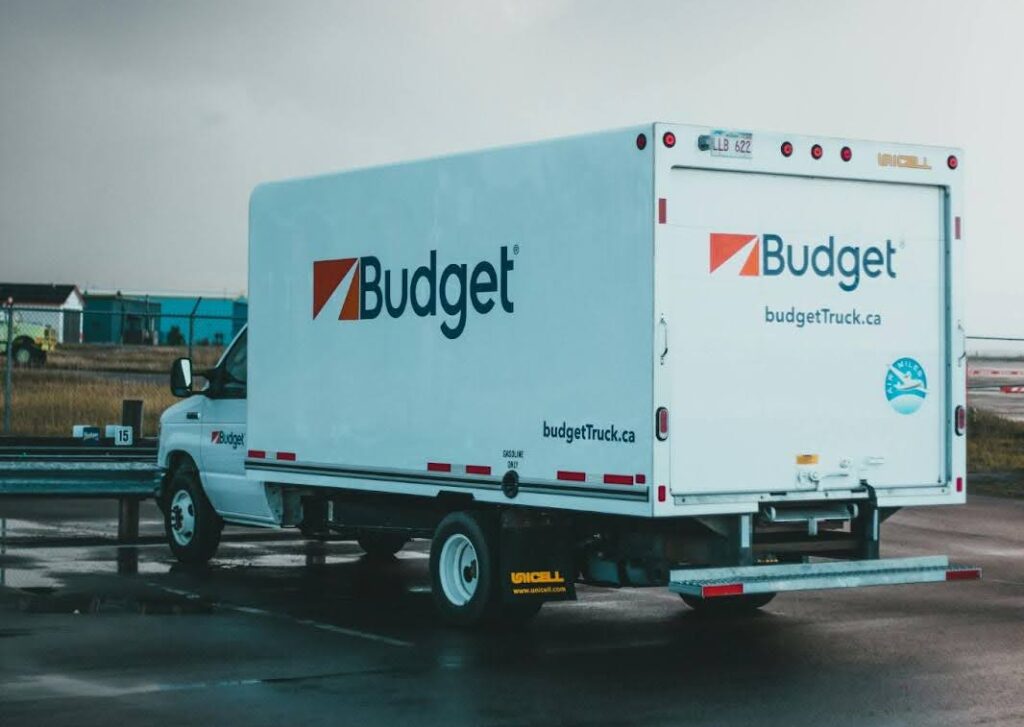
Box Trucks: Definition, Types, and Cargo
Box trucks, also known as cube or straight trucks, are the core component of the logistics industry. Their box-like cargo area makes them a favorable choice for wholesalers and manufacturers. Notably, Ford is a prominent manufacturer of box trucks, with the Ford E-Series being particularly relevant in the logistics industry due to its performance […]
Read More
Straight Bill of Lading: Definition, Significance, and Characteristics
The straight bill of lading provides a clear record of a shipment’s journey and defines ownership during transit. Understanding the straight bill of lading can help you find a way to resolve the complexities of the shipping process.
Read More
Distribution Channels in Logistics: Definition, Types, and Components
Distribution channels in logistics are the lifelines that connect the dots between production and consumption, ensuring that goods find their way to the final customer efficiently and effectively. These channels are not just routes on a map but the strategic networks underpinning efficient supply chain management. They make sure that inventory management aligns with customer […]
Read More
Master Bill of Lading: What It Is, Key Features, and Issuing Process
In navigating the complexities of global shipping and logistics, the Master Bill of Lading emerges as a cornerstone document, orchestrating the seamless movement of goods across oceans.
Read More
What is Cartage in Shipping and Logistics? Definition, Types, and Process
Cartage services play a crucial role in enhancing the efficiency and effectiveness of cargo transportation, especially over short distances. Through various types, such as local, terminal, and pier cartage, these services ensure that freight reaches its final destination promptly and securely.
Read More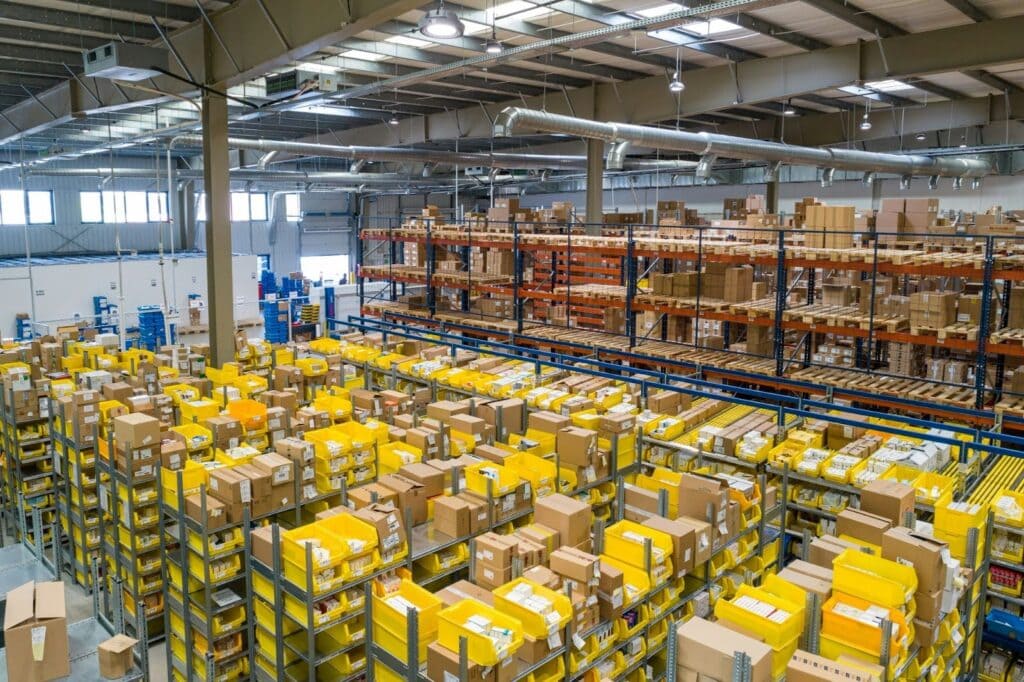
What is Flexible Warehousing? Definition, Benefits, and What to Look For
Flexible warehousing stands at the forefront of modern logistics, offering scalability, cost savings, and operational efficiency. It empowers businesses to swiftly adapt to changing market demands and seasonal fluctuations without the long-term commitments of traditional warehousing.
Read More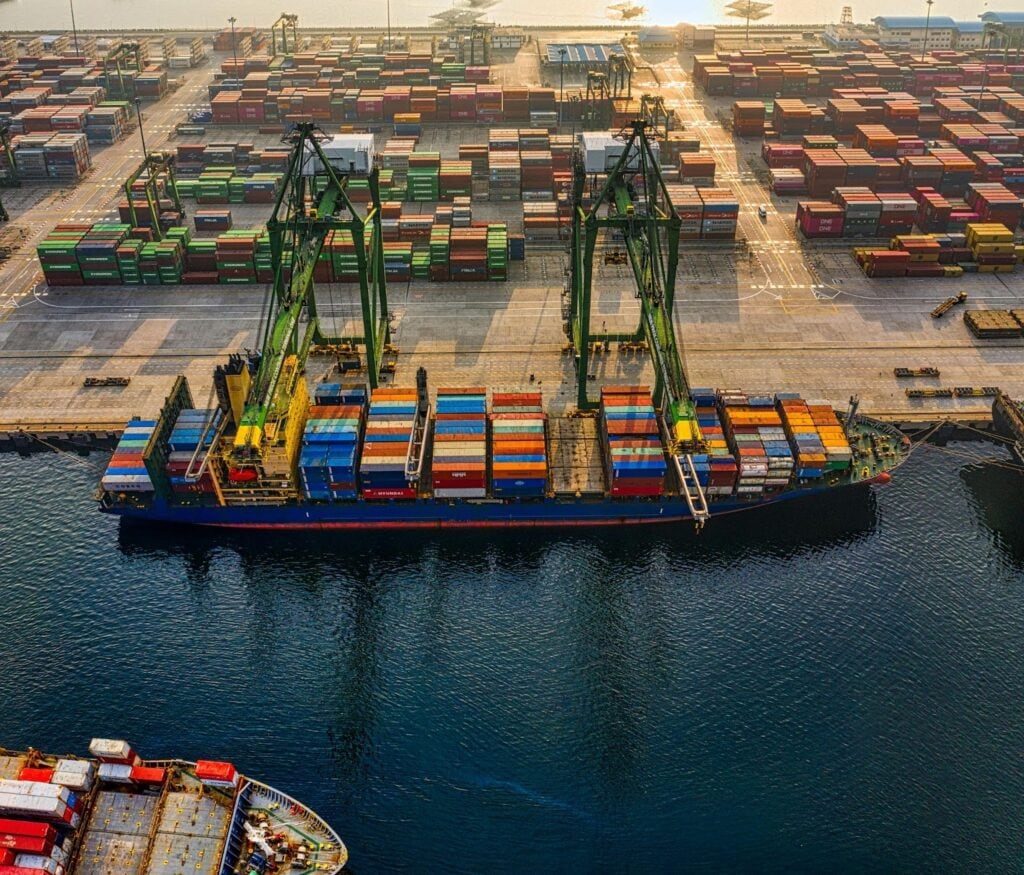
Surrender Bill of Lading Explained: Benefits, Applications, and Role in Shipping
Understanding the complexities of global shipping demands a thorough understanding of documents like the surrender bill of lading. This guide explains its role in transferring legal ownership, streamlining the shipping process, and minimizing legal problems.
Read More
Stale Bill of Lading: Definition, Importance, and Benefits
A bill of lading plays a pivotal role in logistics and shipping. This legal document, which serves as a receipt for the shipment of goods, outlines the terms under which cargo is transported. It covers various types, from straight bills to negotiable ones, each with specific functions and purposes. Central to ensuring a smooth transaction, […]
Read More
What is Wholesaling? Definition, Components, and Challenges and Solutions
Wholesaling is a critical aspect of commercial shipping. But what is wholesaling? It acts as the intermediary link between manufacturers and retailers in the supply chain. Efficient wholesale shipping ensures smooth logistics operations and timely delivery to the end consumer. In this guide, we will clarify the definition, components, challenges, and solutions of wholesale shipping […]
Read More
10 Challenges in Retail Warehousing
Embracing solutions like automated systems and strategic space utilization are essential steps in overcoming warehouse management challenges and enhancing the performance of retail warehouses.
Read More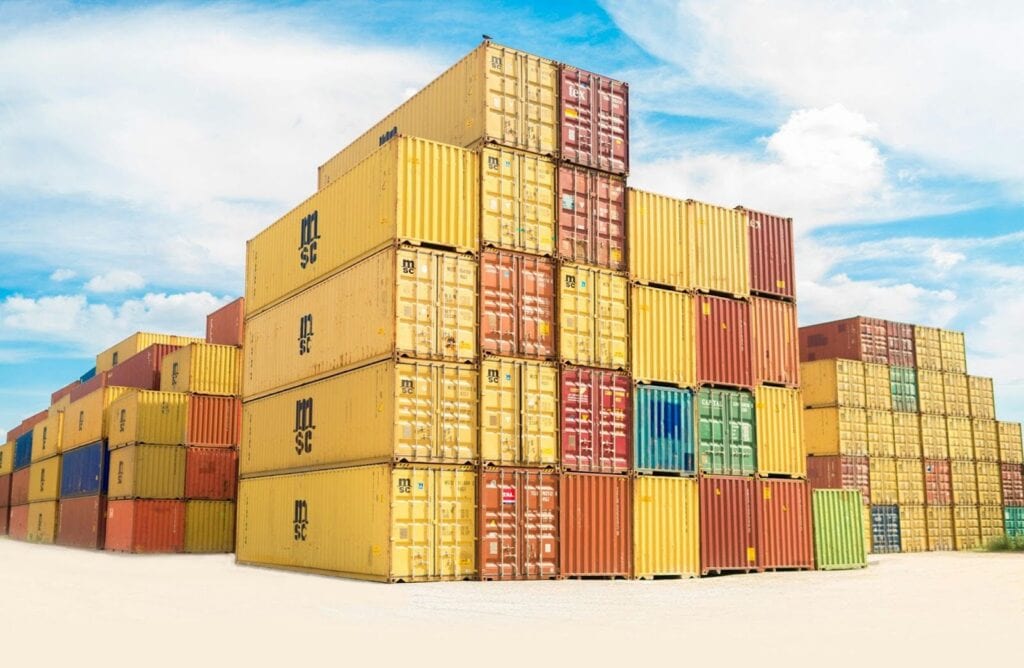
FTL vs LTL: Understanding the Differences
How do you choose the best shipping method for your load? This FTL vs. LTL guide delves into the nuances of each shipping method, helping you make informed decisions regarding your transportation needs.
Read More
Big Box Shipping: Definition, Key Components, and Challenges
Big box shipping is a cornerstone for efficiently transporting large quantities of goods across vast distances. However, you must understand every detail about shipping large boxes or oversized packages and its key components. With globalization fueling business expansion, there is a growing demand for big box shipping. An oversized package and large box help you […]
Read More
Claused Bill of Lading: Definition, Key Characteristics, and Process
This articles explores everything related to the Claused Bill of Lading and its unique role in the shipping industry, uncovering its implications for shippers and carriers.
Read More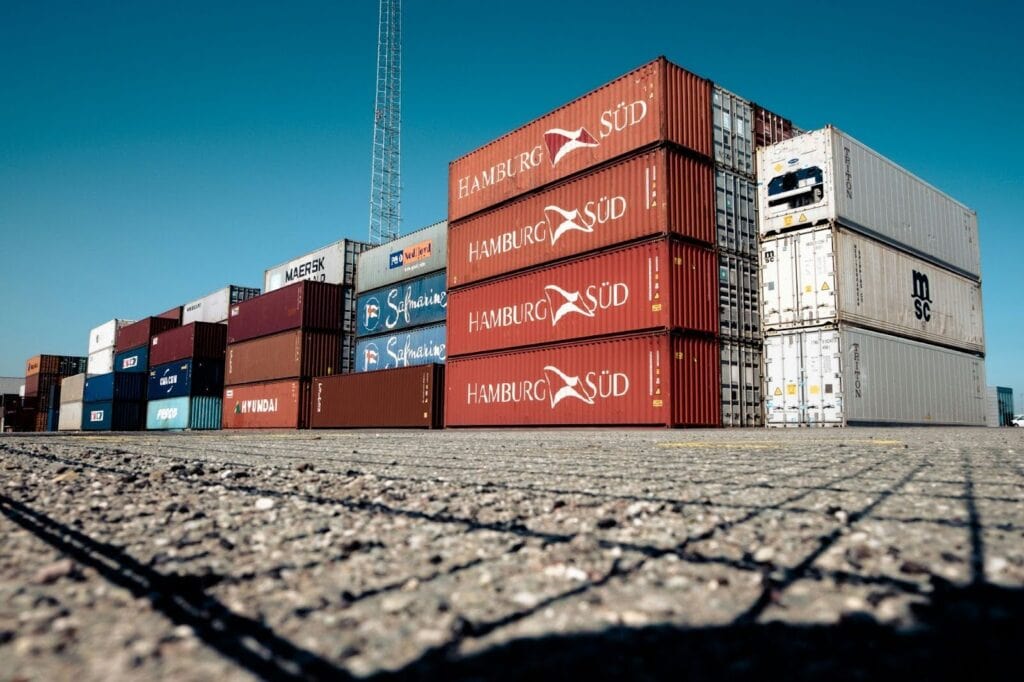
Cross Docking vs Drop Shipping: Their Key Differences
In the fast-paced world of business logistics, shipping methods play a key role. Cross docking vs drop shipping–it may be difficult to choose but this logistics guide will help you understand the differences and make the right decision. These two approaches can facilitate your supply chain management as a business owner. This guide delves into […]
Read More
Blockchain in Supply Chain: Definition, Role in Supply Chain, and Advantages
Modern advancements in logistics and supply chain operations have dramatically shifted how businesses manage the flow of goods from production to consumption. Technology innovations have paved the way for more efficient, transparent, and secure processes, fundamentally altering the landscape of global supply chains. Blockchain technology emerges as a pivotal force at the forefront of these […]
Read More
Clean Bill Of Lading: Definition And Importance
A clean bill of lading is essential in international trade, guaranteeing that goods are shipped in perfect condition. It serves as a contract between the shipper, carrier, and receiver and a vital assurance of the shipment’s integrity. This article examines the critical role and definition of a clean bill of lading, highlighting its significance in […]
Read More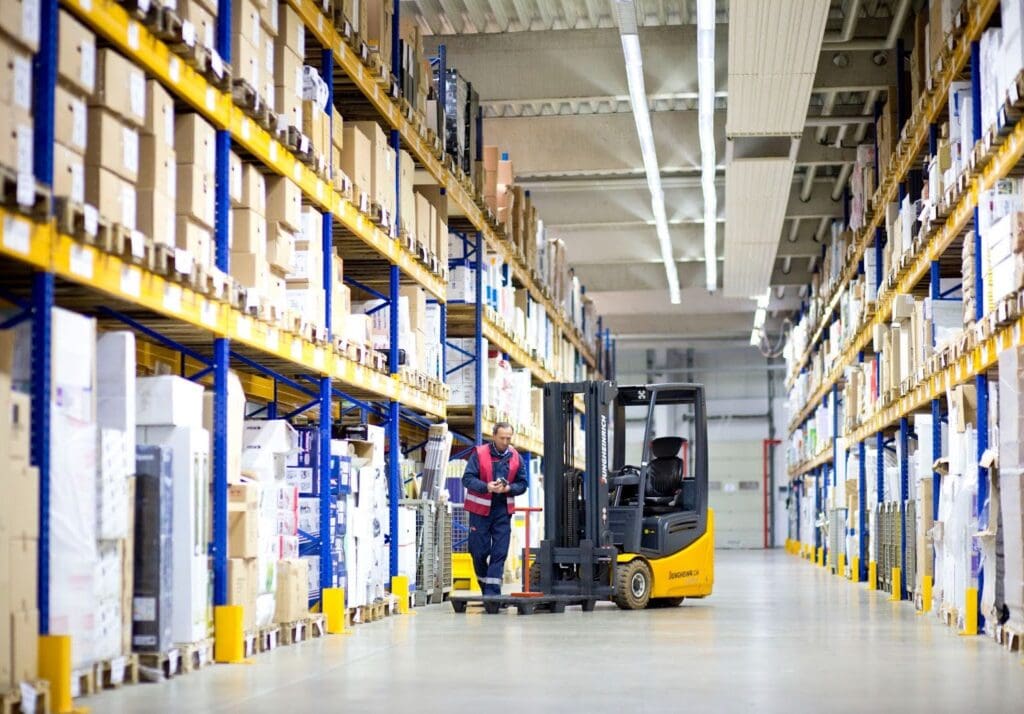
Outsourced Fulfillment: Definition, Advantages, and Disadvantages
When considering outsourced fulfillment, carefully assess your business’s growth stage, seasonal demands, expansion plans, cost-saving goals, focus areas, and technological needs.
Read More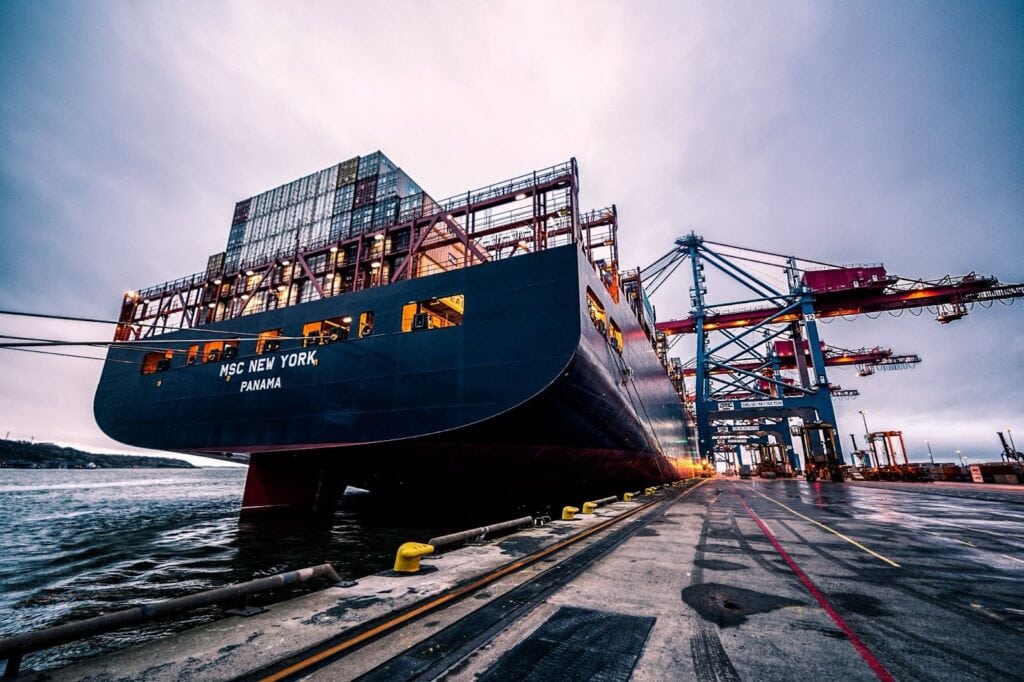
Bill of Lading (BOL): Definition, Example, and Importance
The Bill of Lading (BOL), derived from the old English word hladan (but sometimes mistakenly called a bill of laden or bill of landing), is a vital document in the logistics and transportation sector, serving as a legally binding contract of carriage and a detailed record of goods in transit. It is governed by strict […]
Read More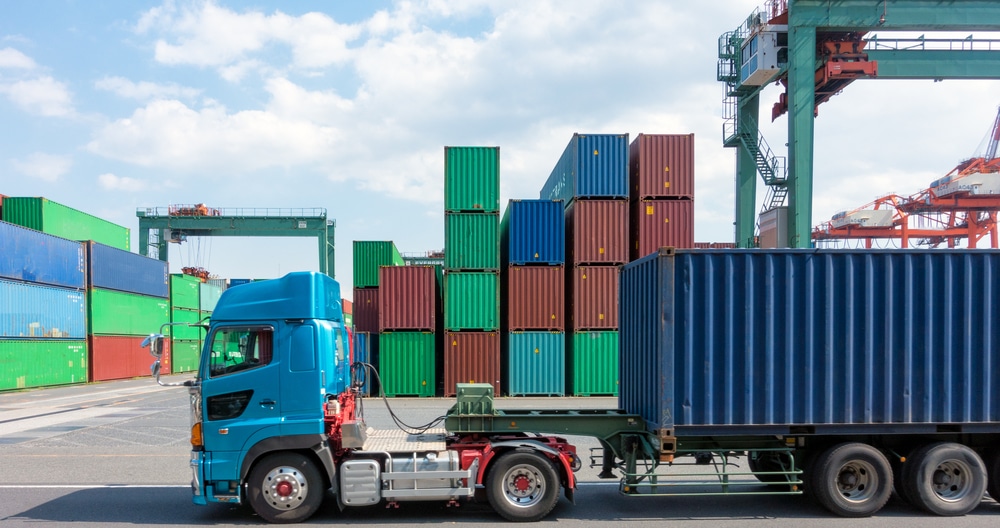
Drayage vs Cartage: Key Differences
Commercial shipping relies heavily on two essential methods for moving freight: drayage and cartage services. Each plays a distinct role in guiding goods to their final destination, from a port to a nearby facility or across short distances within a city. Though they serve similar purposes, the differences between drayage vs cartage are significant, and […]
Read More